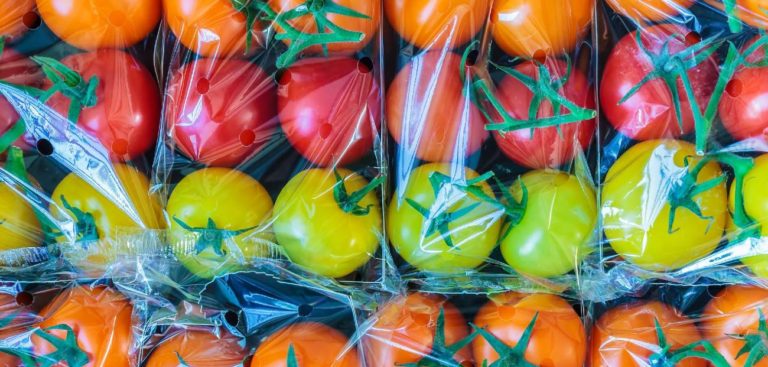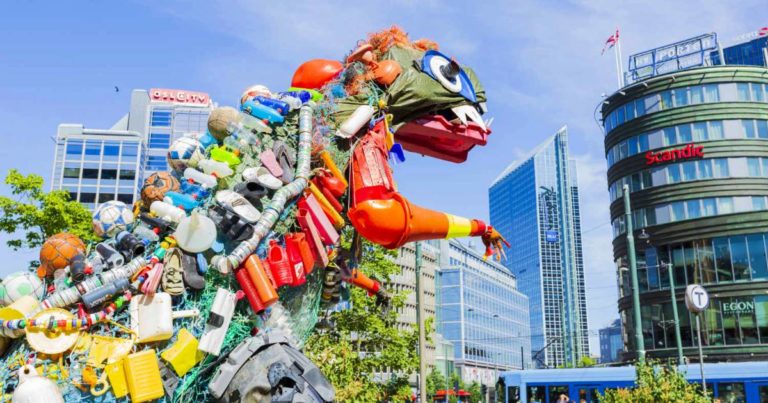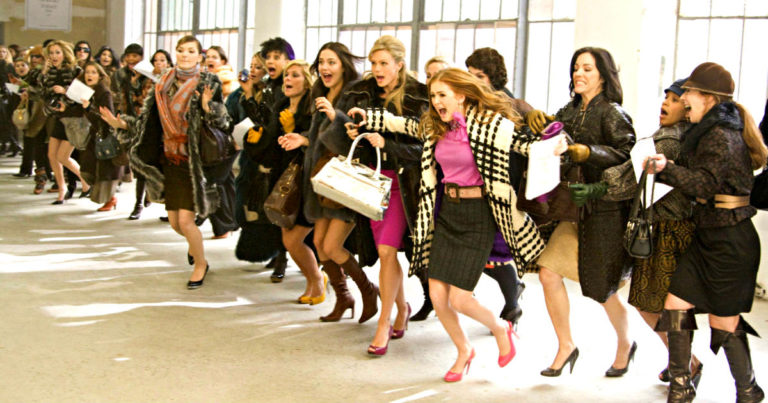A recycling is often seen as a vital solution to environmental problems. It is the subject of debates on news programs, an agenda in schools and companies, and part of awareness campaigns. However, in everyday life, its practical application is still very limited in Brazil. This post seeks to explore the reasons why recycling has not become an integral part of our daily lives. reality and what steps can be taken to change this situation.

The Importance of Recycling: Why Is It Still Not a Reality?
A importance of recycling It is clear to most people. The practice reduces the amount of waste sent to landfills, prevents pollution in cities and helps combat flooding by preventing garbage from accumulating on the streets. In addition, recycling saves energy and delays the shortage of essential raw materials. It also generates jobs, promoting a more sustainable production chain.
However, despite all these benefits, unfortunately, we still face many challenges to ensure that the practice is widely adopted throughout the country. Much of the waste that could be recycled ends up being mixed and buried in landfills, making mechanical recycling unfeasible.
Among the main barriers are the lack of adequate infrastructure, the absence of environmental education programs and the culture of excessive consumption, which results in massive amounts of poorly disposed waste.
The Cultural Challenge: Excessive Consumption and Improperly Disposed Waste
One of the biggest obstacles to the recycling – when will it become a reality is a question that can be answered with optimism, it is the culture of excessive consumption. Unbridled consumption, which fuels the constant production of waste, has its roots in the early 20th century. After the First World War, the industrial world faced the dilemma of producing more than people needed.
It was then that the concept of consuming out of desire rather than necessity emerged. This idea shaped modern consumer culture. Today, products are purchased and discarded quickly, creating a constant cycle of purchase and disposal, often without any concern for proper disposal of waste.
Furthermore, practices such as planned obsolescence — when products are manufactured to last a short time — further aggravate the problem. Products with a short lifespan end up being discarded before they should be, increasing the volume of waste on the planet.
A reality is that this consumption cycle has a direct negative impact on the amount of waste generated and, consequently, on the difficulty of implementing recycling effectively.
Lack of Education and Sustainable Awareness
Another factor that makes it difficult to adopt recycling – when will it become a reality is the lack of environmental education. The habit of separating waste correctly is still not part of most people's routine. This is the result of a combination of factors, such as the lack of government incentives, the absence of adequate infrastructure and the lack of efficient awareness campaigns.
Environmental education is a powerful tool to change this situation. If people are properly educated about the importance of recycling, they will be more likely to adopt sustainable practices in their daily lives. Furthermore, by understanding that their waste can be transformed into new products, they will actively contribute to reducing their environmental impact.
So that the recycling become a reality, it is essential that environmental awareness and education are spread across all spheres of society, from schools to businesses and communities.
The Role of Laws and Public Policies
Although there are laws in Brazil that prohibit the creation of new landfills and regulate waste management, enforcement of these laws is lacking. Many cities still do not have an effective selective waste collection system, and even where it does exist, public adoption is low.
The lack of political will to deal with the issue is one of the main obstacles. The implementation of public policies that encourage and facilitate recycling – when will it become a reality is still insufficient. Furthermore, there is little oversight of waste management, which results in the continued use of landfills and the improper disposal of waste.
It is crucial that authorities act more effectively to create an environment that promotes recycling. This includes not only creating stronger laws, but also providing infrastructure for selective collection and supporting waste picker cooperatives, which play an essential role in the recycling process.
The Benefits of Recycling for Society and the Environment
When practiced efficiently, recycling offers a series of benefits for both the environment and society. The main benefits include:
- Reducing waste in landfills: By recycling, less waste is sent to landfills, extending its useful life and reducing the need for new disposal spaces.
- Energy saving: Producing new products from recycled materials consumes less energy than extracting and processing virgin raw materials.
- Job creation: Recycling creates job opportunities, especially in waste picker cooperatives and recycling companies.
- Preservation of natural resources: By reusing materials such as paper, plastic and metals, we avoid the unnecessary extraction of natural resources.
These benefits make it clear that importance , not only for the environment, but also for the economy and the population's quality of life.
Recycling – When Will It Become a Reality?
Then, recycling – when will it become a reality in Brazil? The answer depends on a number of factors. There needs to be a cultural change, which involves raising awareness about excessive consumption and the need to reuse discarded materials. In addition, it is essential that the government and companies invest in infrastructure and environmental education to facilitate the adoption of sustainable practices.
A importance of recycling must be reinforced daily. We need to understand that by correctly disposing of waste and separating it for recycling, we are contributing to building a more sustainable and balanced future. Awareness and collective effort are essential for it to become an integral part of our reality.
Ultimately, it’s up to all of us to do our part. Start at home, in your neighborhood or condominium. Encourage your family, friends and coworkers to adopt the practice of recycling. Small actions, when added together, can have a big impact on building a more sustainable world.
The question recycling – when will it become a reality reflects the urgency of a change in society's behavior and in the way we deal with our waste. Recycling is a powerful tool for reducing pollution, saving resources and promoting a more sustainable future. However, for it to become a reality In Brazil, it is necessary to invest in environmental education, effective public policies and adequate infrastructure.
Each of us can contribute to this change. By adopting more conscious and responsible habits, we will be building a more sustainable society and ensuring that it is, ultimately, a reality in our country.
Check out other interesting facts about recycling clicking here.
Learn how to make art by recycling, Click here.




In the end, it did not clarify why recycling is not a reality in Brazil.
Angelo, when I read your comment, I noticed that the article was confusing, mixing two subjects, which did not make it easy to understand. I did a general review. I hope it has become clearer now. Thank you very much for your contribution!